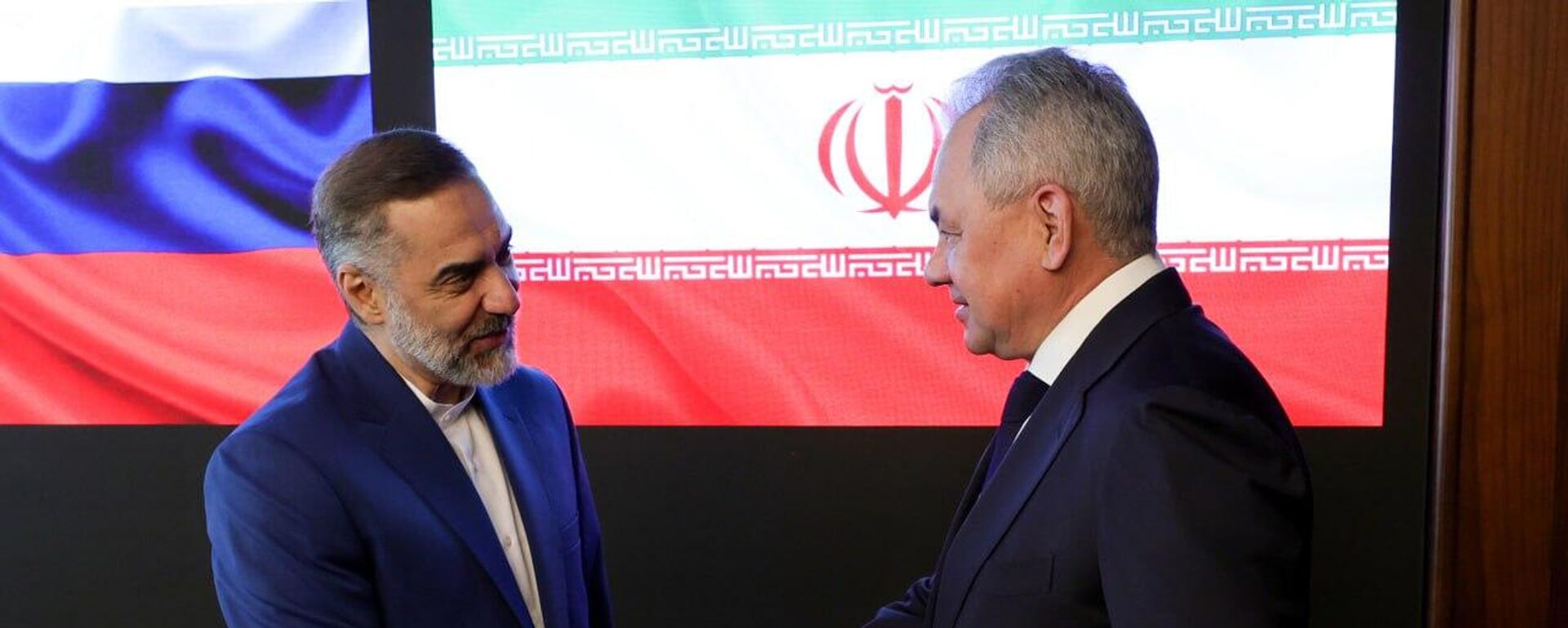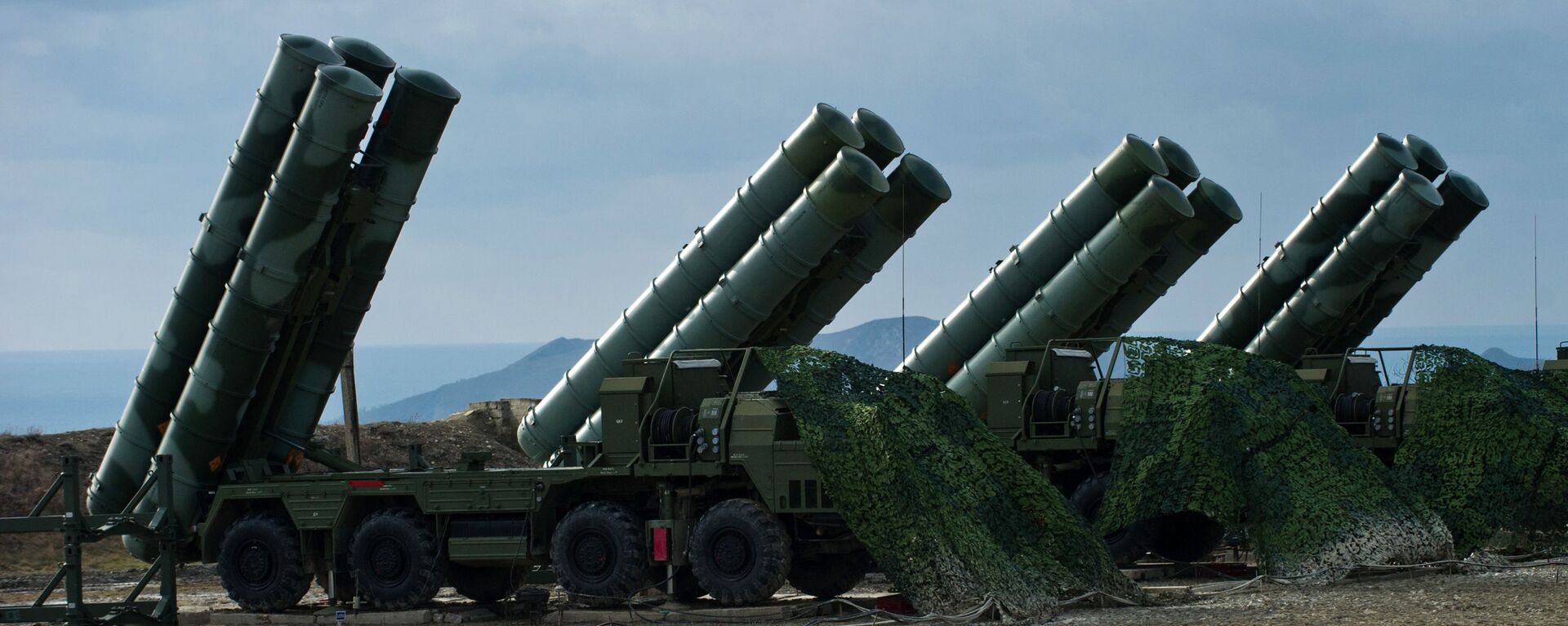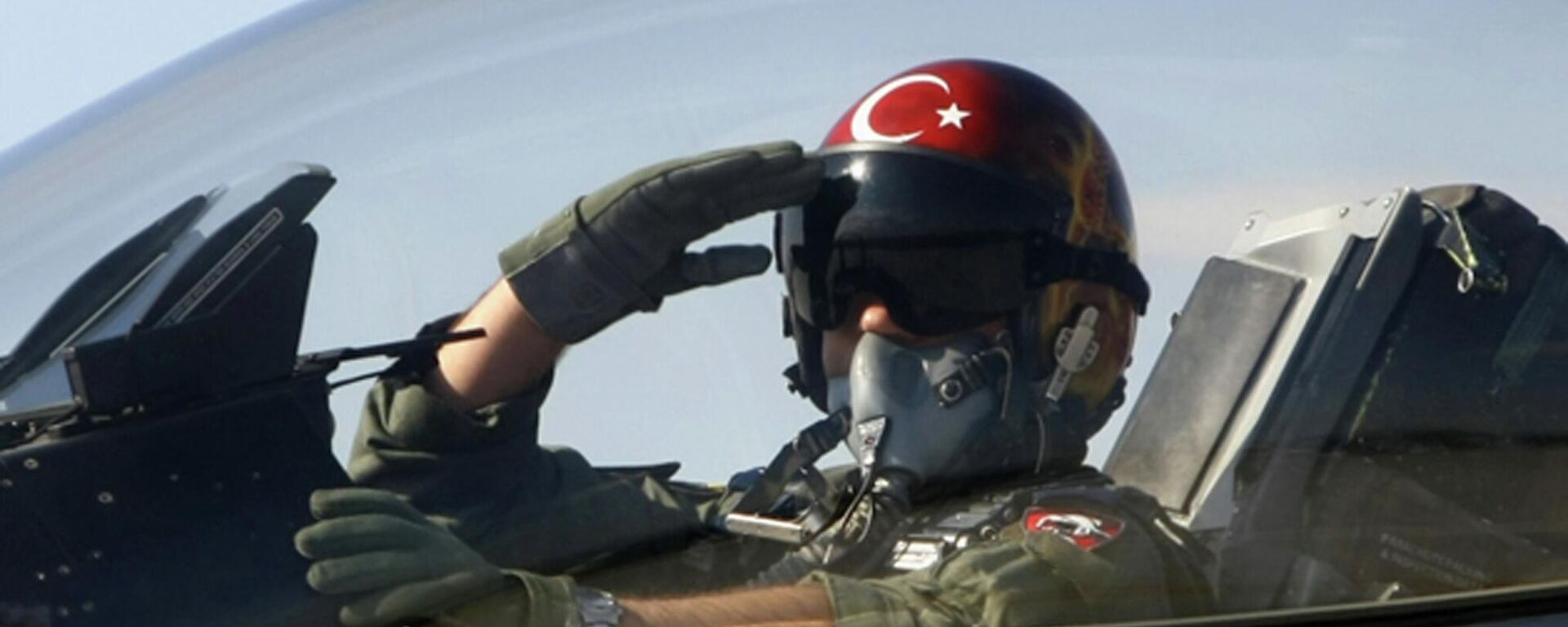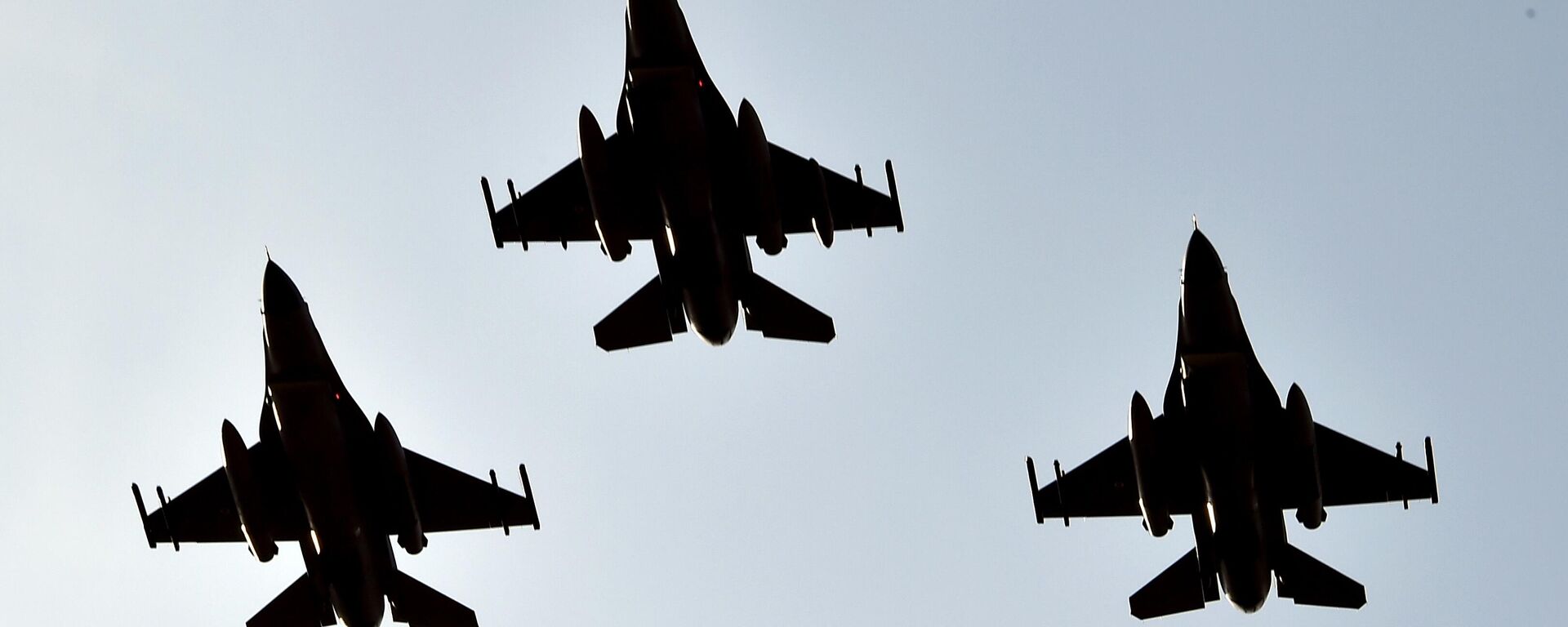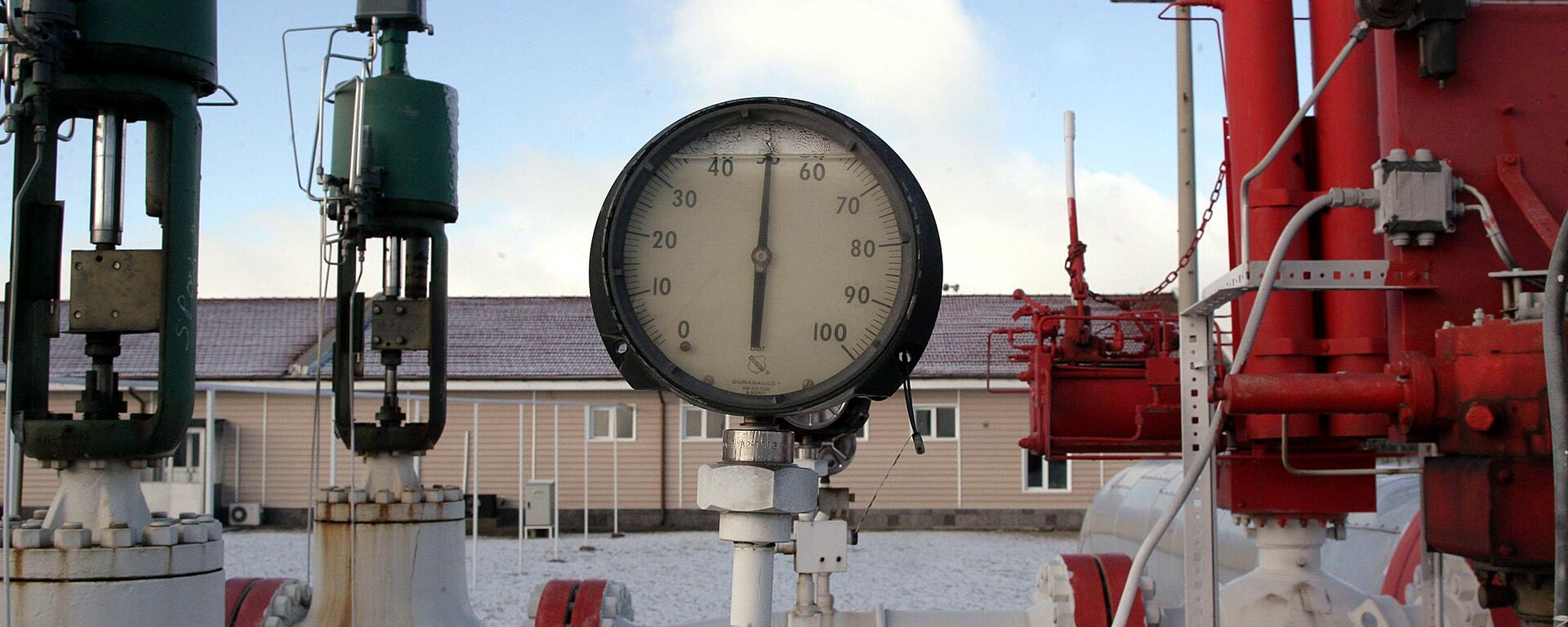What Erdogan's Victory Means for World's Geopolitical Balance
18:29 GMT 29.05.2023 (Updated: 18:32 GMT 29.05.2023)
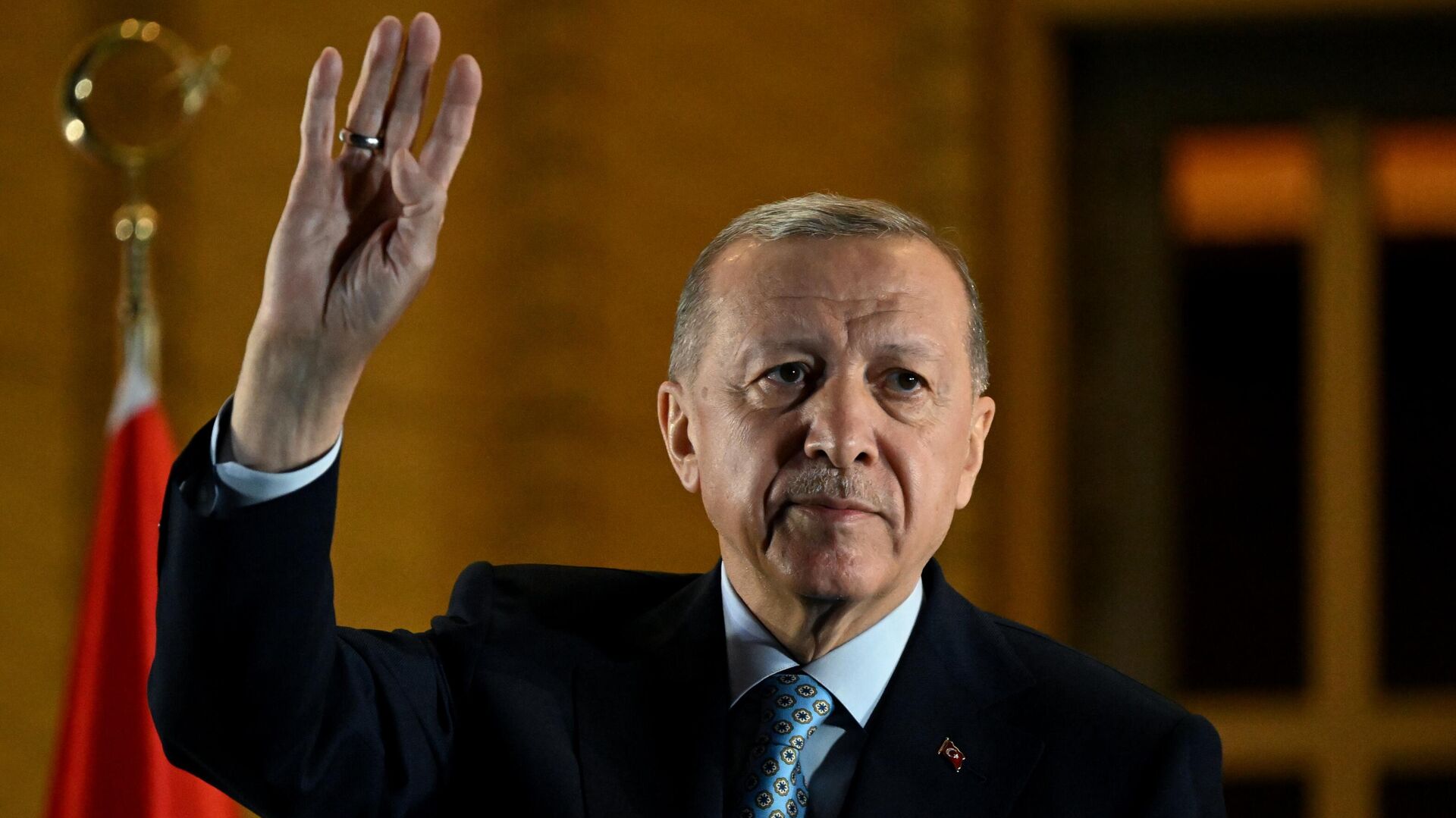
© Sputnik / Pavel Bednyakov
/ Subscribe
Recep Tayyip Erdogan won the Turkish presidential run-off on Sunday, defeating his political rival, the leader of the Republican People's Party (CHP), Kemal Kilicdaroglu. How could Erdogan's win influence Turkiye's foreign policy and its relations with NATO?
On May 28, Recep Tayyip Erdogan secured a historic third term, which suggests that the country's foreign strategy and geopolitical vision will not undergo any changes, according to Sputnik's interlocutors.
What are Turkiye's Geopolitical Objectives?
"In foreign policy, Turkiye will continue to adhere to the previously outlined roadmap," Ali Fuat Gokce, Turkish political scientist and lecturer at Gaziantep University, told Sputnik. "It is curious who will be appointed to the post of minister of foreign affairs. With a high degree of probability, this could be Ibrahim Kalin [who currently serves as President Erdogan's press secretary – Sputnik]. It is known that compared to Mevlut Cavusoglu, Kalin adheres to a more pro-Western policy. However, Turkiye will not turn its back on the Middle East and Asia anyway. Turkiye's foreign policy will continue to follow a balanced path."
According to Gokce, at the moment, one of the key areas of Turkish foreign policy is "the elimination of the terrorist corridor in Syria." Ankara considers the US-backed Syrian Kurdish militias, deployed in the region affiliates of the Kurdistan Workers' Party (PKK), designated as terrorists by Turkiye. "The policy of normalizing relations with Syria is of great importance from this point of view," Gocke emphasized.
Apparently, normalizing ties with Syrian President Bashar al-Assad could help Ankara kill two birds with one stone: curb the Kurds in Syria's north and facilitate the return of around four millions refugees recently hosted by Turkiye to the Arab Republic, as per Western observers. Turkish-Syrian normalization has taken on a new significance after Damascus resumed its membership in the Arab League.
"It is also necessary to continue to make efforts to resolve the Russian-Ukrainian crisis, to establish the Azerbaijani-Armenian peace," continued Gokce. "Cooperation with Greece on the islands in the Aegean Sea and the Cyprus issue also remains an important objective."
Ankara's independence and pragmatism makes it flexible in terms of geopolitical maneuvering, according to political scientist and international relations expert from Marmara University Baris Doster.
"The government at the head of Turkiye is extremely pragmatic, which is expressed in the ability to make a sharp turn in foreign policy," Doster told Sputnik. "There are many examples of this: these are relations with Israel, Qatar, the United Arab Emirates, Egypt, Saudi Arabia. When relations with the East are not going well, Turkiye turns to the West, and in case of difficulties with the West, it turns to the East. However, in the current situation, I believe that the existing political vector will remain intact."
What Erdogan's Win Means for US
"For Washington, this means that it will have to continue to engage with the 'wayward' Turkiye, with Erdogan, who uses Turkiye's NATO membership to advance Turkish national interests, not American ones," Dmitry Suslov, deputy director of the Center for European and International Studies at Russia’s Higher School of Economics and deputy director of research at the Russian Council on Foreign and Defense Policy, told Sputnik.
The expert expects that Ankara will proceed with implementing independent foreign policy with regard to Sweden's entry into NATO, the Russia-Ukraine conflict, and Turkish-China relations, regardless of Washington's displeasure.
"Washington will have to continue to deal with Turkiye, which, on the one hand, is a member of NATO and has the right to veto, on the other hand, is increasingly promoting itself as an independent center of power in the Middle East and Eastern Mediterranean region, and in Europe in general. And this, of course, is very unfortunate for America, because the United States is not used to being opposed to the implementation of its agenda within NATO," Suslov said.
The US political establishment closely monitored Turkiye's presidential election. Back in January 2020, Joe Biden told the US press that the White House should encourage Erdogan's opponents to defeat him electorally.
Three years later, on January 16, former US National Security Advisor John Bolton called on NATO member states to support Turkiye's opposition parties ahead of the general elections, claiming Ankara was not behaving as a "responsible" NATO ally. Ankara's response was not long in coming: "Bolton, who previously admitted that he supported coups, called on NATO to intervene in the elections in Turkiye. It is a futile effort to try to take the democratic will of the Turkish nation under tutelage," said Presidential Spokesperson Ibrahim Kalin on January 19.
In addition, prior to the runoff US economic observers predicted doom for the Turkish economy under Erdogan, who, in contrast to Kilicdaroglu, is seen as a proponent of monetary "unorthodoxy". After the Turkish president won reelection, the Western press hastened to project a 29% Turkish lira slide. This pattern exposes the West's futile attempts to increase pressure on Ankara, according to Tom Luongo, financial and geopolitical analyst.
"The US has made no bones about their unhappiness with the way President Erdogan has conducted foreign policy in recent years," Luongo told Sputnik. "The lira has been under consistent foreign actor attack since the summer of 2018 (…) Erdogan, for his part, saw the situation for what it was and took control over the central bank to wrest control of monetary policy from the International Monetary Fund (IMF)."
According to Onder Aksakal, chairman of the Democratic Left Party, the collective West tried to drag Turkiye into trouble prior to the elections. However, "the global imperialist system, represented by the US and the EU, ran into an impregnable Turkish wall," Aksakal told Sputnik.
What Erdogan's Win Means for NATO
"Turkiye will continue to play an independent role within NATO," Suslov projected. "It is unlikely that Erdogan will support Sweden's entry into NATO in the very near future, and relations will remain contradictory and tense. That is, on the one hand, there will be a lot of talk within NATO about excluding Turkiye, but no one will cross the real line (…) Turkiye will remain an obstacle to the smooth implementation of the US agenda in NATO."
Following Erdogan's win, the American mainstream media expressed hope that Ankara would soften its stance toward Sweden's NATO membership. Last year, Sweden and Finland applied to join the transatlantic alliance. Even though Turkiye ratified Helsinki's NATO bid earlier this year, it left Stockholm out in the cold. Ankara particularly demanded that Sweden hand over 120 alleged extremists to Turkiye; Sweden complained that the request was impossible and it has no idea who those extremists are.
As per the US press, Sweden’s entry into NATO may pave the way for the sale of American F-16s and kits to upgrade Turkiye's older jets. The US-Turkish F-16 deal has remained on hold for quite a while, prompting irritation from Ankara, given that previously Turkiye was expelled by Washington from the F-35 program in 2019.
Turkiye invested $1.4 billion (TL 24.2 billion) in the development of the F-35 stealth multirole combat aircraft. Washington cited Ankara's decision to purchase Russia's state-of-the-art S-400 air defense systems as cause for the removal.
Earlier this month, Turkish Foreign Minister Mevlut Cavusoglu made it clear that Ankara is not going to return to the F-35 program, but wants Washington to give back Ankara's money spent on the aircraft development back. The foreign minister emphasized that Turkiye is focused on producing its own "national combat aircraft."
"Biden and Europe want a Turkiye loyal to NATO and their program to maximally confront the Russia/China/Iran axis," Luongo said. "Erdogan has been a thorn in that program since late 2015 and Russia’s intervention in Syria laid bare both his and NATO’s complicity in balkanizing it. He has played both sides against each other to forge an independent path for Turkey. Many of his moves have been questionable, but viewed through that lens the pattern of his behavior is quite clear. His attempts to forge a peace agreement between Ukraine and Russia last year was likely the last straw for the West."
No matter how strong NATO's discontent with Ankara independent foreign strategy is, the alliance would not dare expel or alienate Turkiye as it plays an essential role in the West-East equilibrium, according to Suslov: Turkiye's expulsion from NATO could result in the strengthening of non-Western centers of power. Having one of the largest NATO armies and controlling the entry into the Black Sea, Turkiye remains indispensable for the Atlantic alliance in geopolitical terms.
Does Washington Have Leverage to Influence Ankara?
"The United States will have to reckon with Erdogan's independent policy," Suslov believes. "We see that the United States is unable to organize a color revolution in Turkiye. After the [2016] failed coup d'état, Erdogan stepped up control over the army and law enforcement agencies. And in the event of mass protests in Turkiye, the army and law enforcement agencies will not join the side of the opposition. Moreover, they will not even remain neutral, but most likely will take the side of the current government."
The latest presidential elections have demonstrated to the West that Erdogan really commands support of the majority of the Turkish population despite present economic hardships, according to the Russian academic.
Suslov did not rule out that the US would try to put pressure on Ankara through various economic punitive instruments, including threats of secondary sanctions against Turkiye. Still, it's highly unlikely that US hawks would resort to alienating Ankara, Suslov added. Therefore, the US establishment is forced to reconcile themselves with reality and "reckon with Erdogan for another five years, the academic concluded.

